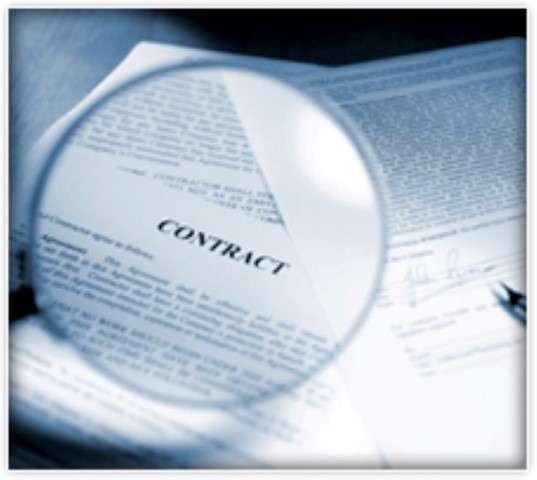6 Most Common Mistakes People Make When Buying Auto Insurance
- Written by Kanetix.ca
- Published in News
- font size decrease font size increase font size
- Be the first to comment!

Purchasing car insurance is one of those tasks few people look forward to, and most can't wait to get over with. It essentially entails buying a product you hope never to have to use. This motivates a lot of consumers to disregard important details, some of which can expose them to financial disaster down the road.
With that in mind, we'll take a look at six of the most common mistakes consumers make when they purchase car insurance. If you manage to avoid them, you'll save money while ensuring you, your family, and your vehicle are adequately covered.
#1 - Buying Too Little Insurance
The less coverage you purchase, the lower your rates. But resist the temptation to purchase as little as possible just to save money unless you have very few assets to your name. Otherwise, you might lose said assets via a court judgment.
For example, suppose you cause an accident that results in severe injuries to the other driver and her passengers. Further suppose their injuries require surgery, medications, and weeks of rehabilitation. They may even need months before they can return to their jobs. Your minimum third-party liability coverage limit may not be enough to cover these costs.
If you live in a province that allows for the right to sue for pain and suffering, and economic loss, your assets may be in jeopardy via a court judgment. The point of insurance is to protect you from financial loss. Thus, buy as much as you need, and not a penny more.
#2 - Buying Excessive Or Unnecessary Coverages
In the same way many people purchase too little insurance, some purchase too much. There's no need to invest in high coverage limits that don't reflect your assets. Doing so merely increases your premium.
A lot of consumers also buy optional coverages they don't need. Two of the most common are collision and comprehensive coverages. One pays for damage resulting from an accident. The other pays for damage resulting from everything else (vandalism, falling rocks, etc.). Both are suitable for new vehicles. But given their high cost, they're difficult to justify for older, low-value cars.

#3 - Neglecting To Review The Policy
Auto insurance policies contain a lot of important details. For example, they explain the events that are covered and those that are considered exclusions. Most people neglect to read their policies, thinking there's no reason to do so. They assume they know what is contained in them. Oftentimes, this sets the stage for an unpleasant surprise when they file a claim.
Make sure you know what is in your policy. If you have any questions, contact your insurer or broker.
#4 - Failing To Request Every Possible Discount
Nearly all insurers offer discounts to policyholders who meet certain criteria. For example, you might receive a discount for being over the age of 65 since that implies you are retired and likely to drive less. Or, your insurer may agree to reduce your rates if you have an anti-theft device installed in your car.
Some discounts - e.g. being over the age of 65 - are applied automatically. Others are only applied if you inform your insurance company that you qualify for them. For example, your insurer cannot know you have an alarm system installed in your car unless you tell them.
Before you sign your policy, ask your insurer to describe every discount they offer. If you are eligible for some of them, make certain they are applied to your policy. Together, they can add up to significant savings.
#5 - Providing The Insurer With Inaccurate Data
Some consumers lie to their insurance companies in the hope of receiving lower rates. For example, they might claim their odometer is at 40,000 miles when it is actually at 80,000. This implies they drive very little, and thus "deserve" a lower premium. Others neglect to tell their insurers that several people drive their vehicles, rather than just them alone.
Although it is possible that an insurance company may never learn of the lies, taking the chance is risky. If an accident occurs, the truth may be uncovered, prompting the insurer to revoke the policyholder's coverages.
#6 - Not Shopping Around / Not Comparing Quotes
For reasons that belie logic, consumers willingly compare prices when buying household goods, groceries, and clothes, but fail to do so when purchasing car insurance. The difference between the lowest and highest rates for a given set of coverages can reach several hundreds of dollars per year.
Your policy expires once a year. One or two months before its expiration date, request quotes from several car insurance companies. Compare them side by side. Doing this alone can reap major savings each year.
Buying auto insurance will always be a necessary nuisance. But keep in mind, the coverage can help you to avoid a financial catastrophe in the future. Avoid the six mistakes above to ensure you're covered at the lowest rate possible.
This guest post was provided by Kanetix.ca – Canada’s leading online insurance quote comparison service. Kanetix has been helping Canadians save time and money on insurance since 1999. For more tips on saving money on insurance, read this article - Common Insurance Coverages And Endorsements.
